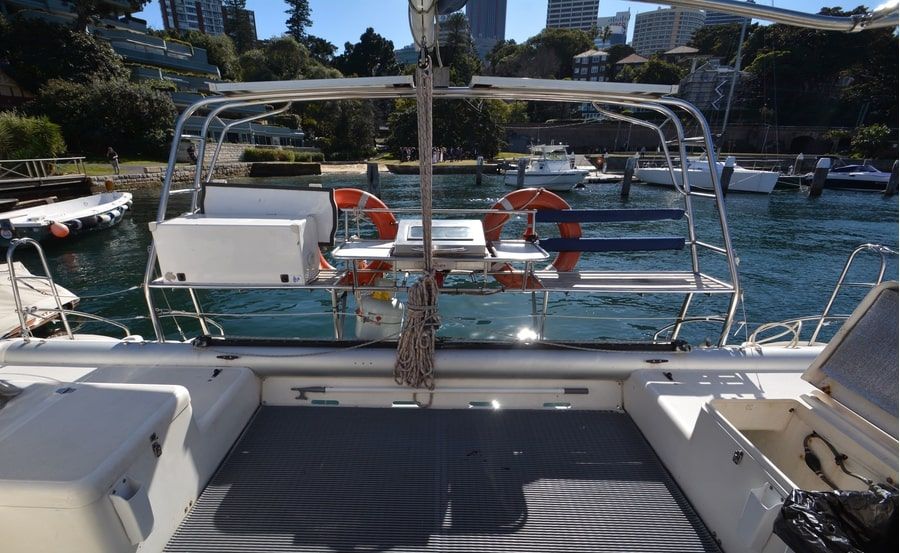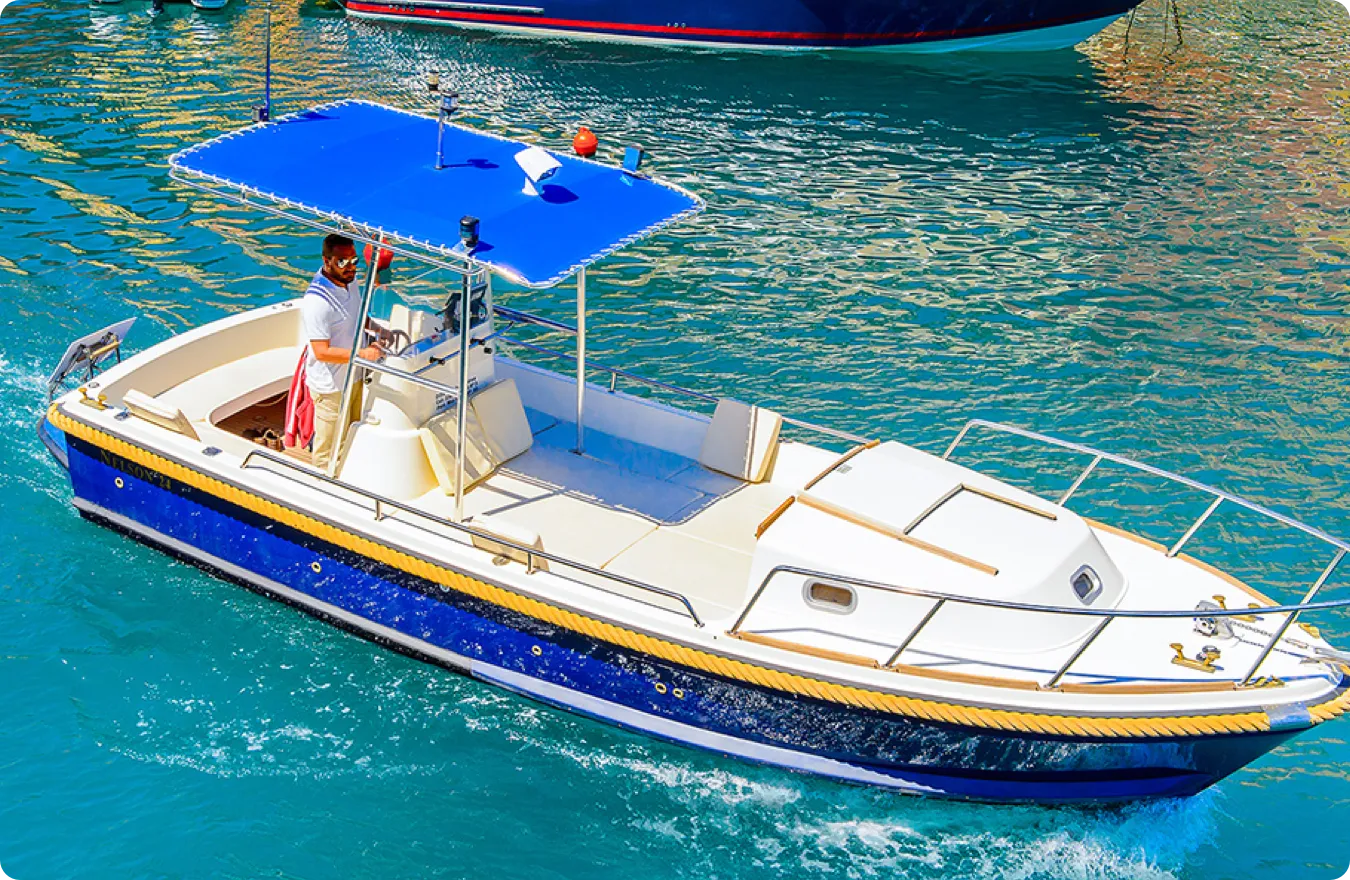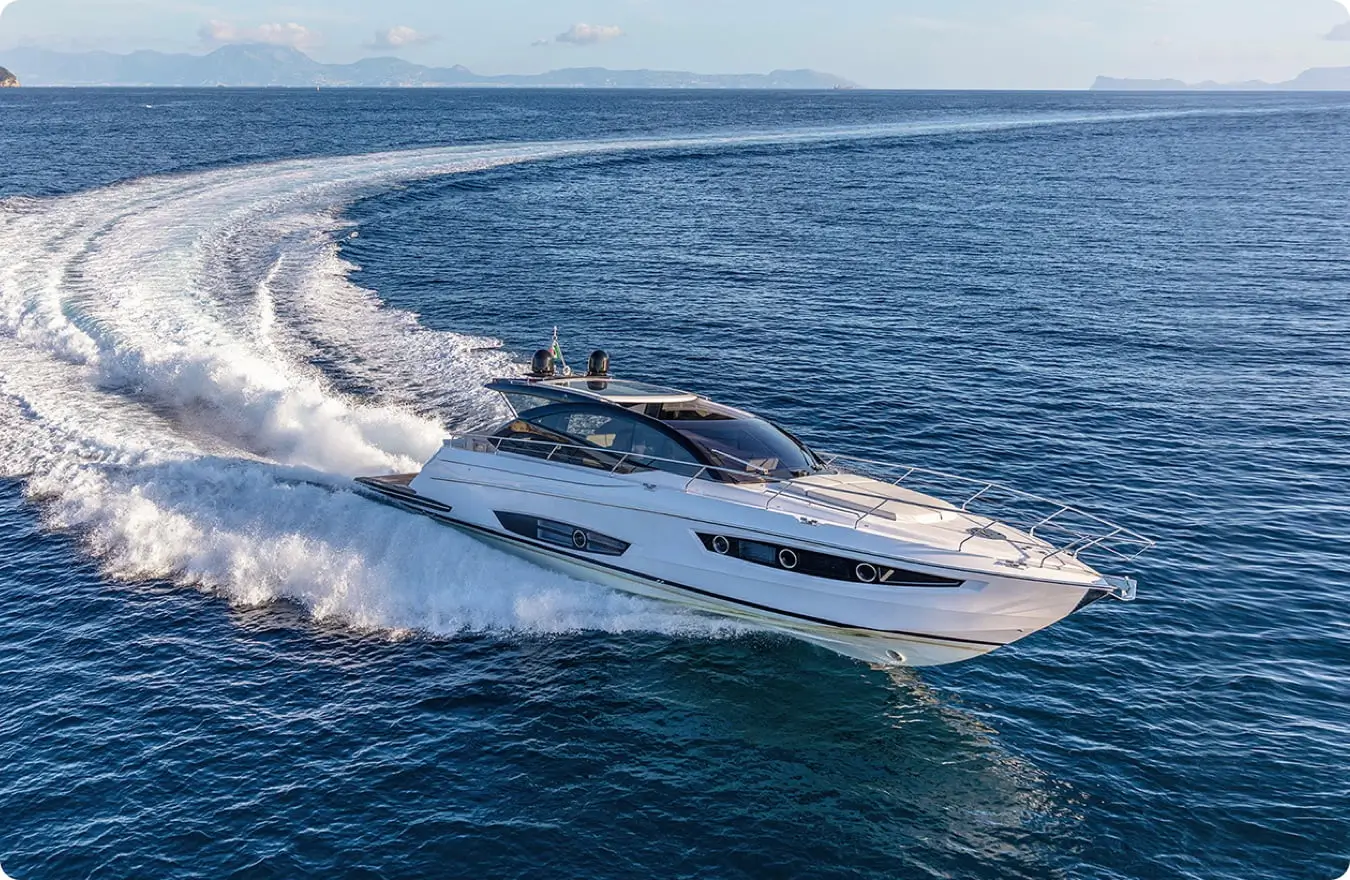One of the true measures of a mariner’s skill is the ability to safely manage their vessel when confronted with heavy weather conditions. Whether you’re training to become a recreational skipper or preparing for professional coxswain duties, understanding how to confidently navigate rough waters can be the difference between an enjoyable day on the water and a potentially hazardous situation.
At On Course Boat Licences, we believe that robust training prepares you not only for smooth cruising but also equips you for effectively handling rough seas during coxswain training. Keep reading for practical insights into managing your vessel through challenging weather, ensuring you’re ready for any maritime scenario.
Understanding Rough Sea Conditions
Before diving into how best to handle severe conditions, it’s crucial to know precisely what constitutes rough seas. While an inexperienced mariner may consider waves above 2.5 metres challenging, when it comes to larger vessels, such as cruise ships, what is considered rough seas for a cruise ship typically involves waves exceeding 4 metres or winds reaching gale force.
For smaller recreational vessels and commercial coxswains, even moderately rough seas demand a high level of vigilance and expert ship handling in heavy weather.
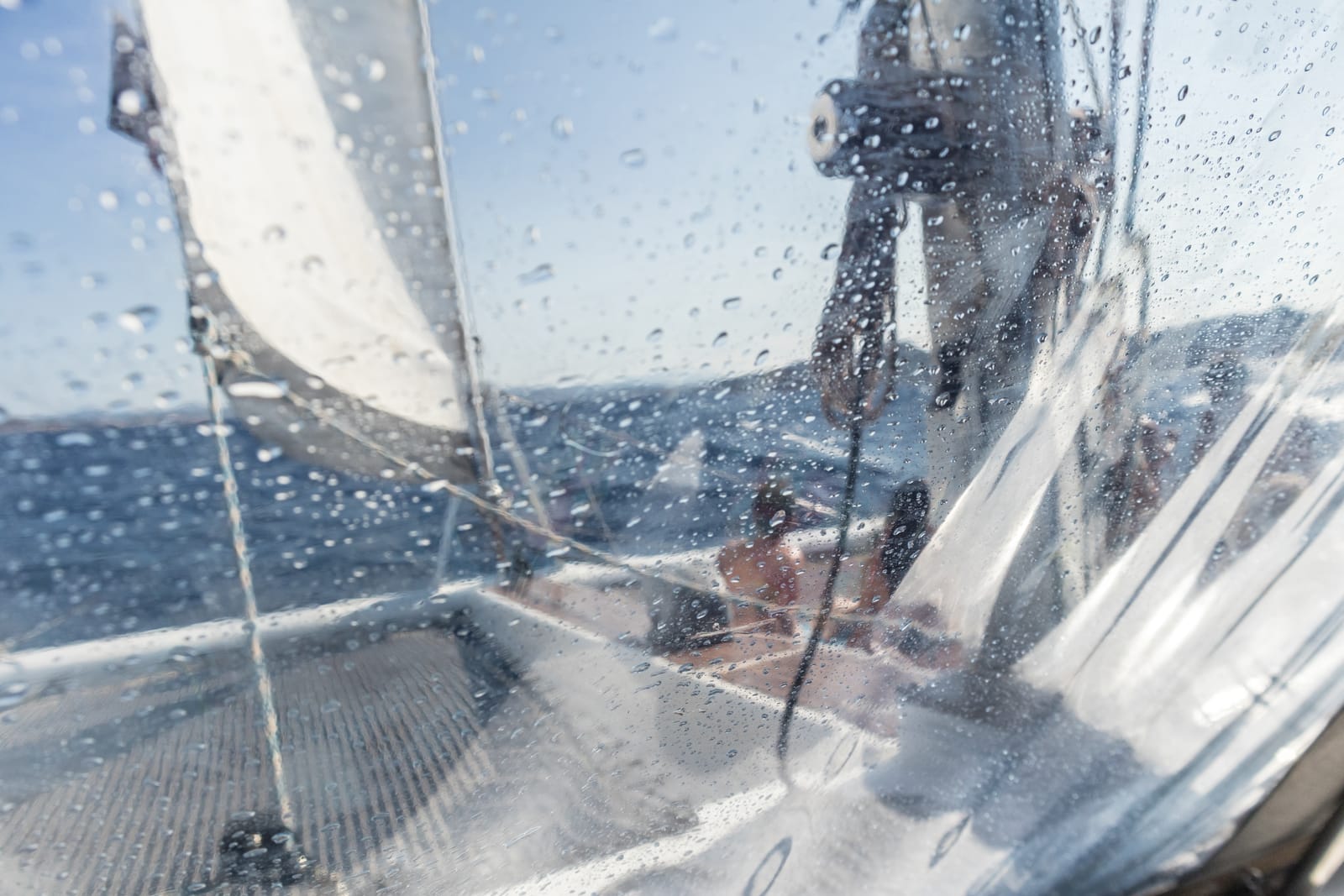
Essential Tips for Navigating Rough Waters
1. Monitor and Anticipate Weather Conditions
Effective handling begins before you even step aboard. Always review up-to-date weather forecasts and pay particular attention to any warnings issued by the Bureau of Meteorology, and continue to monitor weather throughout the day. Weather changes quickly and often, and early awareness gives you time to either reschedule your voyage or prepare for adverse conditions.
2. Ensure Your Vessel is Prepared
Inspect your vessel thoroughly before heading out. Secure loose equipment, check bilge pumps, and ensure your safety gear, including life jackets, harnesses, and emergency equipment, is accessible and in good working order. The better prepared your boat is, the more confidently you can handle unexpected challenges.
3. Adjust Your Speed and Course Appropriately
When navigating rough waters, maintaining a controlled, steady speed and carefully managing your course are vital. Reduce your speed to minimise strain on your vessel and maintain better control. Approach large waves at an angle (ideally 30 to 45 degrees) to avoid excessive pitching or rolling that can destabilise your boat. Always follow COLREGS rule 6, which states that every vessel shall at all times proceed at a safe speed.
4. Maintain Clear and Calm Communication
If you’re responsible for crew members or passengers, clear and calm communication is essential. Ensuring everyone aboard understands their role and remains composed will significantly enhance your collective ability to manage difficult conditions effectively.
5. Use Appropriate Steering Techniques
Heavy weather often demands precise steering – keeping a firm yet flexible grip on the helm enables you to respond to rapidly changing wave patterns. This skill is crucial in professional boat handling in heavy weather, particularly if you go on to work as a Grade 3 Coxswain after training, when precise manoeuvring can prevent potentially dangerous scenarios.
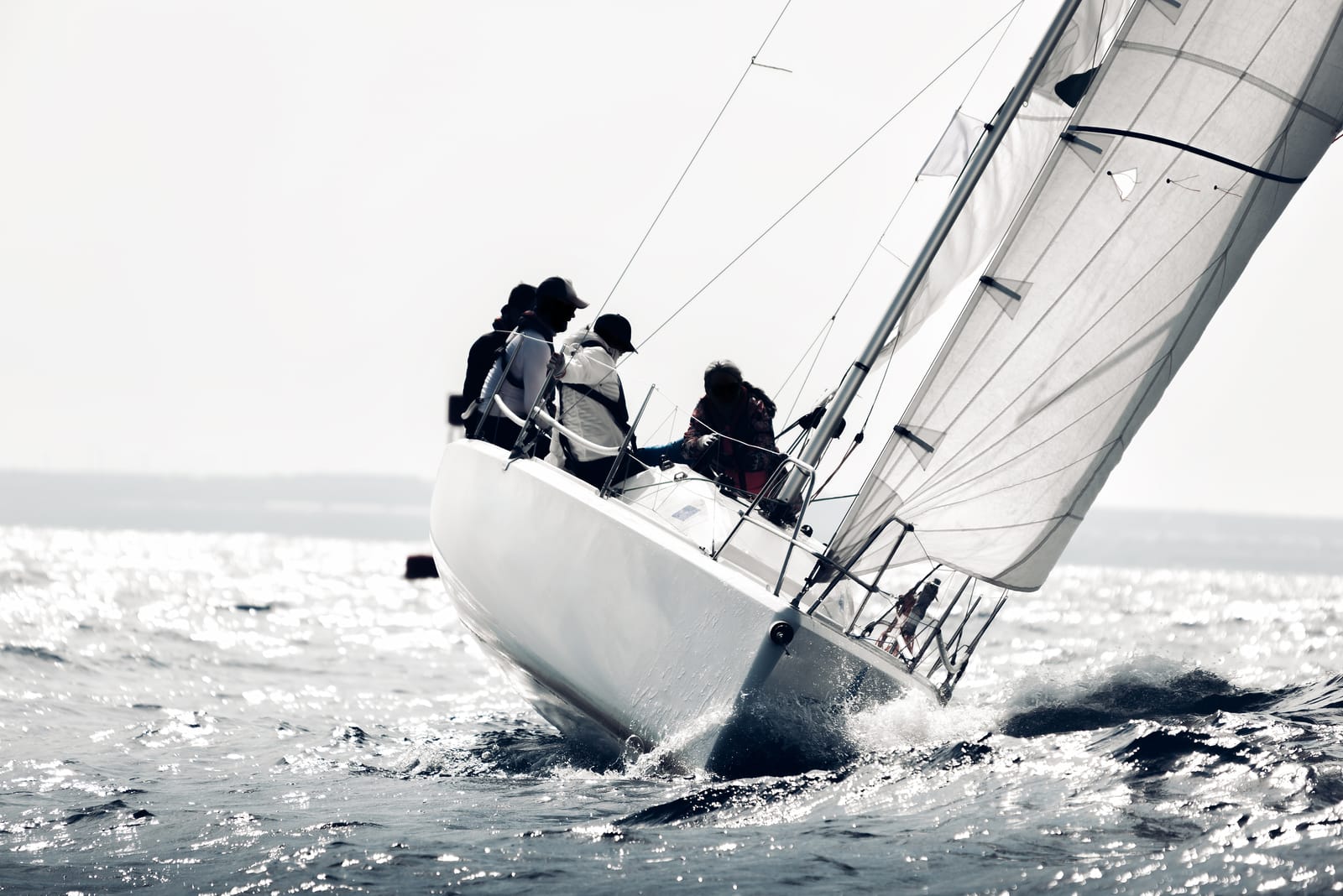
Enhancing Your Skills with Expert Training
The best way to ensure you’re truly prepared for navigating rough waters is through professional training. At On Course Boat Licences, we don’t simply teach you how to pass a test – we equip you with the practical skills and confidence necessary for real-world boating situations. Our comprehensive training courses (including the NSW General Boat Licence, Coxswain Grade 3 qualification, Marine Radio Licence and our specialised Private Boat Handling Lessons) cover the essential elements of handling rough seas during coxswain training and beyond.
With decades of combined maritime experience, our expert instructors guide you through hands-on sessions designed to reinforce your capabilities and enhance your confidence. Whether you’re a recreational boater looking to sharpen your skills or pursuing a commercial maritime career, our practical, professional courses ensure you’ll be prepared, whatever the weather throws at you.
Ready to take your skills to the next level?
Don’t let heavy weather conditions deter you from your boating ambitions; enrol in one of our reputable training programs today and discover why Boat Licences is known as Sydney’s trusted provider of high-quality maritime education. Begin your journey toward becoming a confident, skilled mariner, capable of safely handling any weather conditions on the water.


